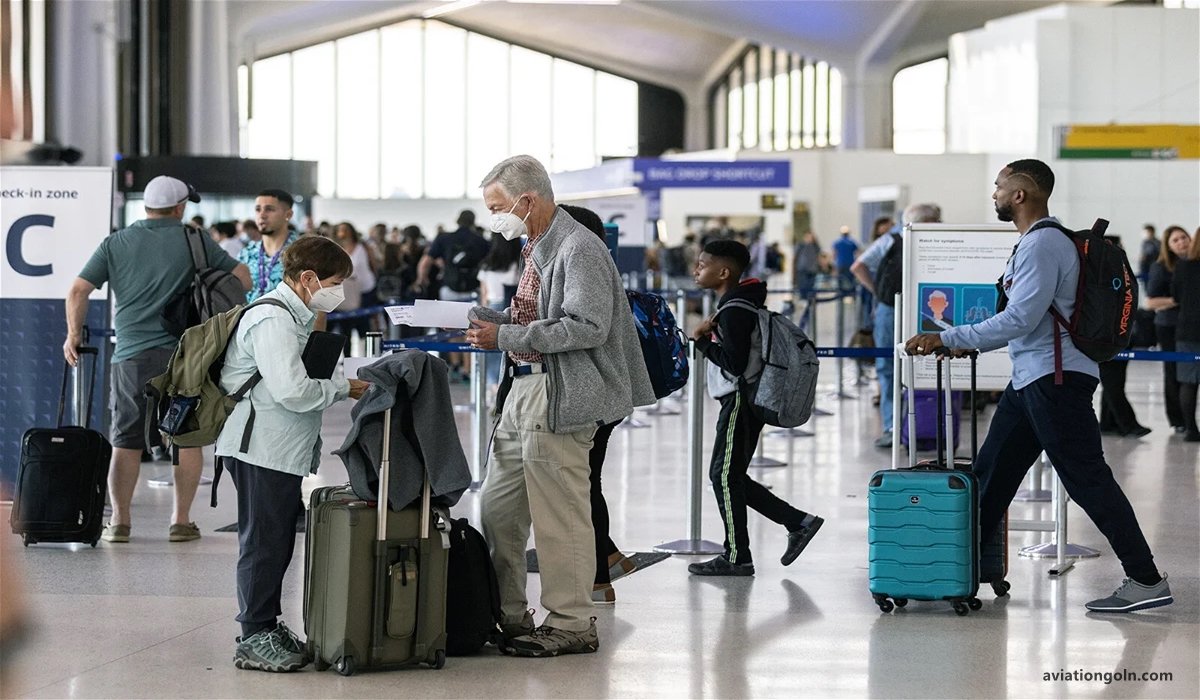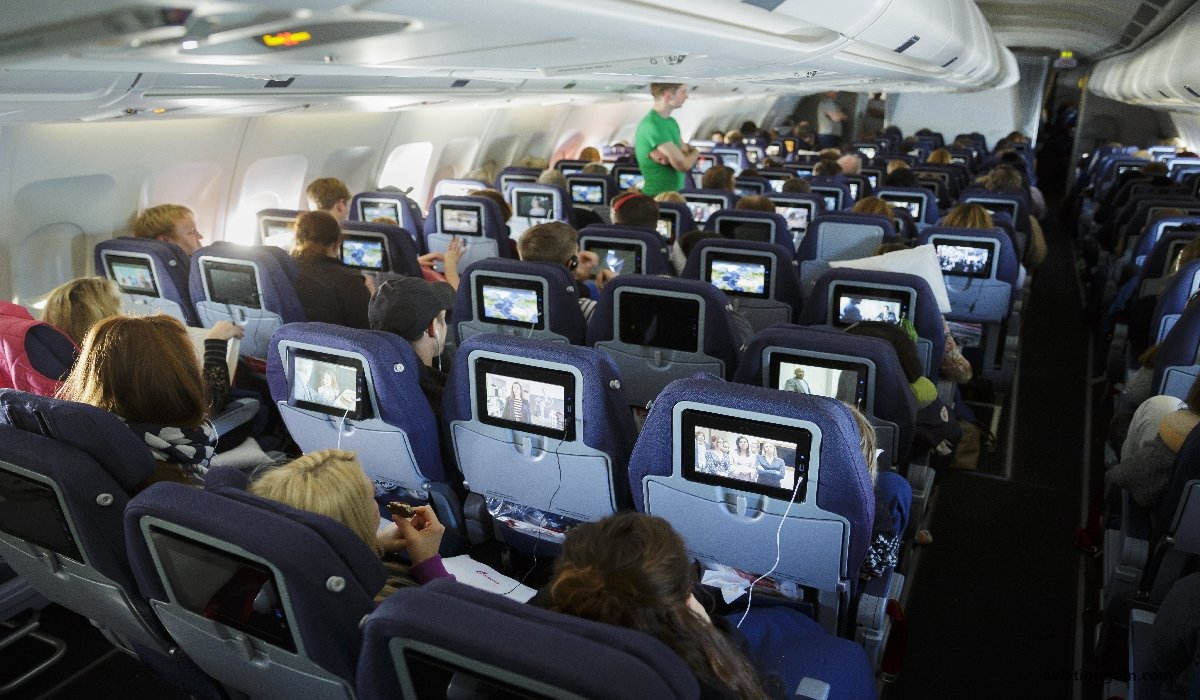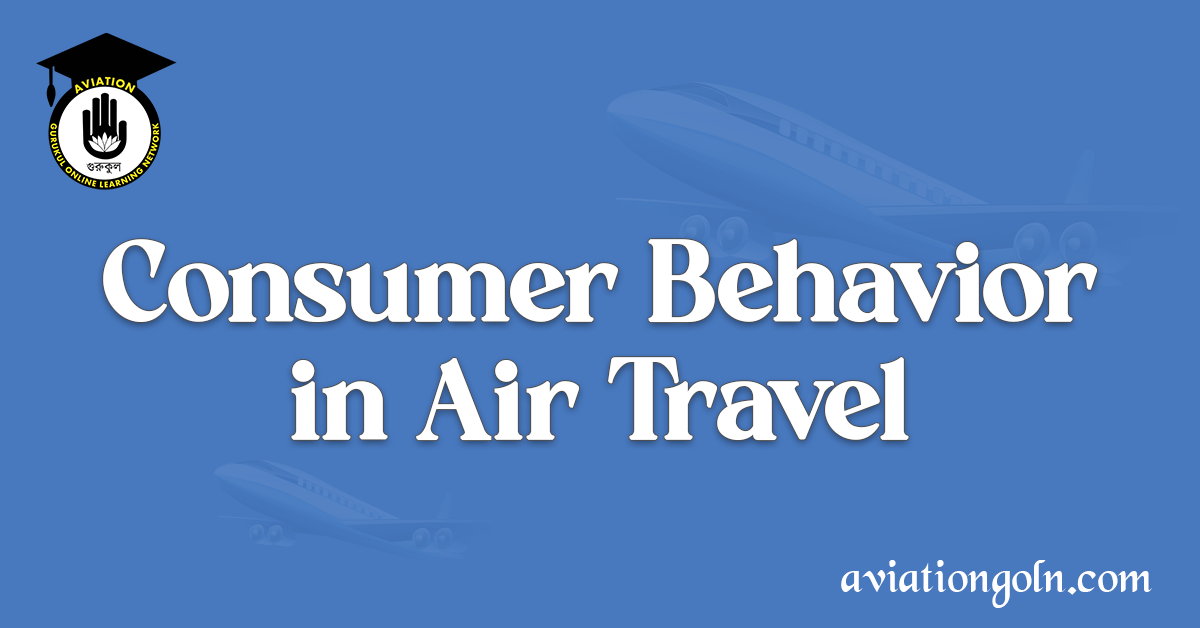Consumer Behavior in Air Travel: Air travel has always been a dynamic industry. Over the years, the nuances of consumer behavior in this sector have seen considerable change. With evolving expectations and a plethora of choices, understanding the modern airline customer is paramount for success. This article delves into the various aspects of consumer behavior in air travel, its driving factors, and the implications for airline companies.
Consumer Behavior in Air Travel: Understanding the Airline Customer

1. Introduction: The Importance of Air Travel Consumers
Air travel is no longer a luxury; it’s an essential part of modern life for business, leisure, and personal connections. However, what sets this industry apart is its complexity – from price wars among airlines to technological advancements and ever-changing consumer preferences.

2. Factors Influencing Consumer Behavior in Air Travel
- Pricing Strategy: Airfare is often the primary consideration. Dynamic pricing, seasonal fares, and promotional offers play a significant role in influencing the decision of a customer.
- Service Quality: This includes in-flight services, cabin crew behavior, food quality, and other amenities offered during the journey.
- Safety and Reliability: Recent air mishaps or consistent delays can heavily tarnish an airline’s reputation.
- Environmental Concerns: With increasing global awareness, many consumers choose airlines with sustainable practices.
- Brand Loyalty: For frequent fliers, an airline’s loyalty program can be a significant factor.
- Technological Interface: Ease of booking, mobile apps, and in-flight entertainment systems can heavily sway consumer preferences.

3. Changing Dynamics of Consumer Expectations
- Personalization: Today’s travelers expect personalized experiences. This could range from dietary preferences to seating choices or even curated in-flight entertainment.
- Transparency: In the age of information, customers expect complete transparency in terms of pricing, any additional fees, and flight delays.
- Flexibility: The ability to change or cancel bookings without incurring hefty penalties is becoming increasingly essential, especially in uncertain times.

4. The Impact of External Factors:
- Global Events: Events like the COVID-19 pandemic have transformed consumer behavior. Health and safety became paramount, leading to a demand for more stringent sanitization procedures and contactless interactions.
- Political and Socioeconomic Factors: Political unrest, economic downturns, or visa policies of specific countries can influence destination preferences.

5. The Role of Digitalization in Consumer Behavior

The proliferation of smartphones and internet connectivity has revolutionized how consumers interact with airline brands.
- Online Reviews: Websites like TripAdvisor or Skytrax influence decisions as customers look for peer reviews before booking.
- Virtual Reality (VR): Airlines are experimenting with VR to offer virtual tours of cabins, destinations, or lounges to potential travelers.
- Chatbots and AI: Many airlines are employing AI-driven chatbots for instant customer service, booking assistance, and real-time updates.

6. Implications for Airlines
- Investment in Technology: Airlines need to constantly upgrade their technological interface to ensure a seamless and enjoyable experience for their customers.
- Training and Service Excellence: Investing in training staff to offer exemplary services can lead to repeat business and brand loyalty.
- Dynamic Market Research: Regularly updating understanding of the market can help airlines stay ahead of consumer behavior trends.
- Diversification of Services: Airlines might need to consider expanding their offerings. This can include vacation packages, hotel partnerships, or even experiences at the destination.

Understanding consumer behavior in air travel is a continuous process. As the global landscape changes, so do the preferences and behaviors of travelers. It’s essential for airlines to stay agile, innovative, and responsive to these shifts. Those that can pivot quickly and offer what the modern consumer is seeking will find success in the ever-evolving world of air travel.
In conclusion, the airline industry’s future relies on a deep understanding of its customers. Whether it’s through technology, service, or pricing, recognizing and meeting these needs is the key to soaring high in the competitive skies.
